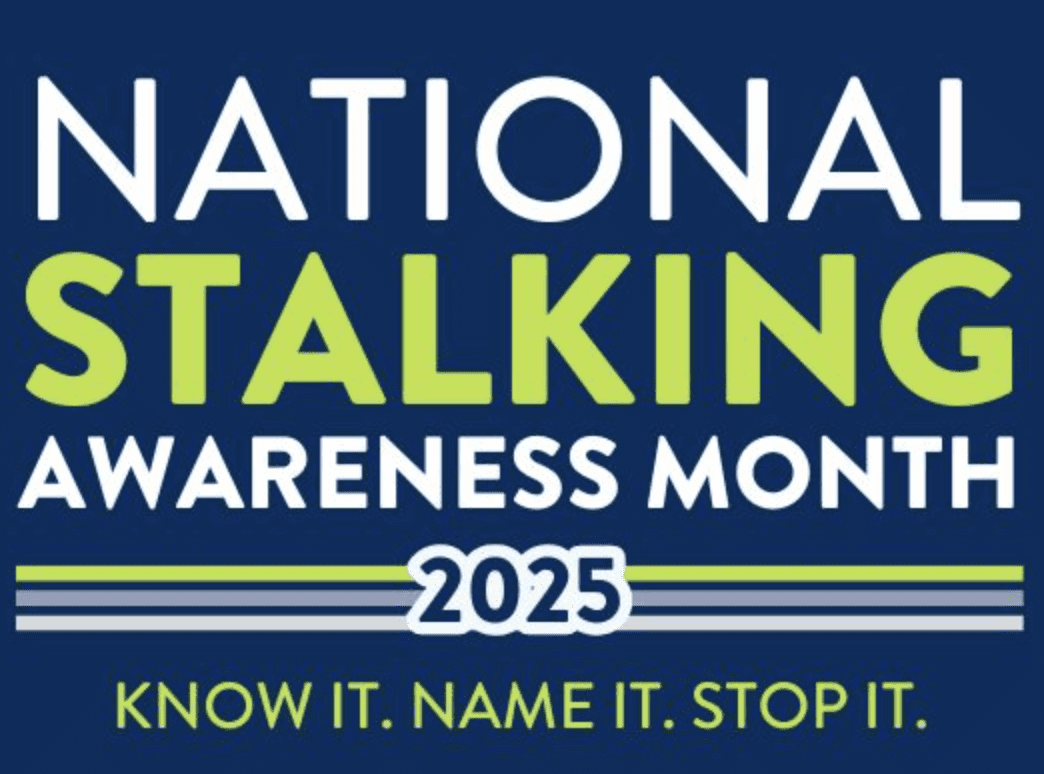Breast cancer is:
• The most common cause of death from cancer among Hispanic women.
• The second most common cause of death from cancer among white, black, Asian/Pacific Islander, and American Indian/Alaska Native women.
In 2004,† 186,772 women were diagnosed with breast cancer, and 40,954 women died from the disease.‡
Men can also get breast cancer. In 2004,† 1,815 men were diagnosed with breast cancer, and 362 men died from the disease.‡
There are different kinds of breast cancer. The kind of breast cancer depends on which cells in the breast turn into cancer. Breast cancer can begin in different parts of the breast, like the ducts or the glands (or lobules).
Mammograms
A mammogram is an X-ray of the breast. Mammograms are the best method to detect breast cancer early when it is easier to treat and before it is big enough to feel or cause symptoms.
Having regular mammograms can lower the risk of dying from breast cancer. If you are age 40 years or older, be sure to have a screening mammogram every 1 to 2 years. Talk to your doctor if you have any breast symptoms or changes in your breast, or if breast cancer runs in your family. He or she may recommend that you have mammograms before age 40 or more often than usual.
Where Can I Go to Get a Mammogram?
If you have a regular doctor, talk to him or her about getting a mammogram. Most private health insurance companies, HMOs, Medicaid, and Medicare pay for part or all of the cost of mammograms. Check with your plan for details.
Are You Worried about the Cost?
If you don’t have health insurance and need help finding a low-cost or free mammogram, check with your local hospital, health department, women’s center, or other community group. CDC also has a program called the National Breast and Cervical Cancer Early Detection Program (NBCCEDP). The program offers free or low-cost mammograms. To find out if you qualify, call your local program.
More Ways to Lower Your Risk
• Control your weight and exercise. Make healthy choices in the foods you eat and the kinds of drinks you have each day. Stay active.
• Know your family history of breast cancer. If you have a mother, sister, or daughter with breast cancer, ask your doctor what is your risk of getting breast cancer and how you can lower your risk.
• Find out the risks and benefits of hormone replacement therapy. Ask your doctor about the risks and benefits of hormone replacement therapy and find out if hormone replacement therapy is right for you.
• Limit the amount of alcohol you drink.
Source: www.nih.gov



